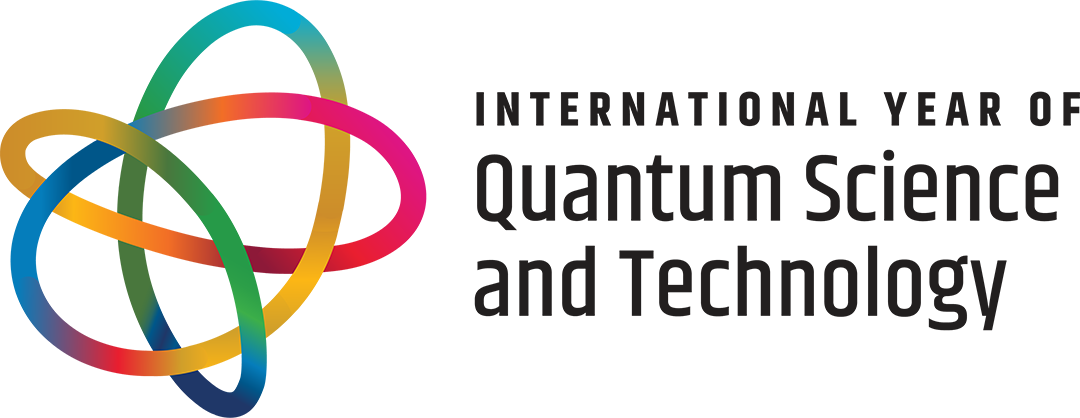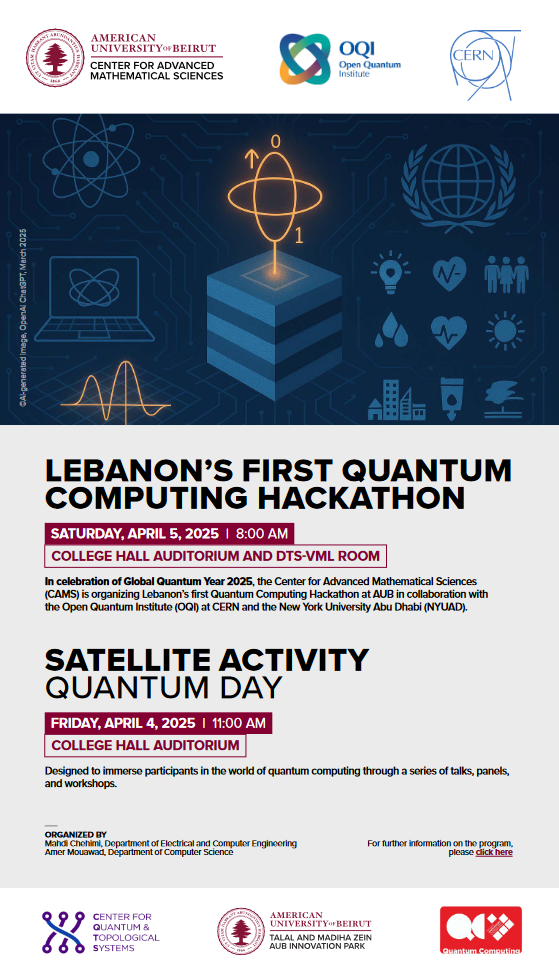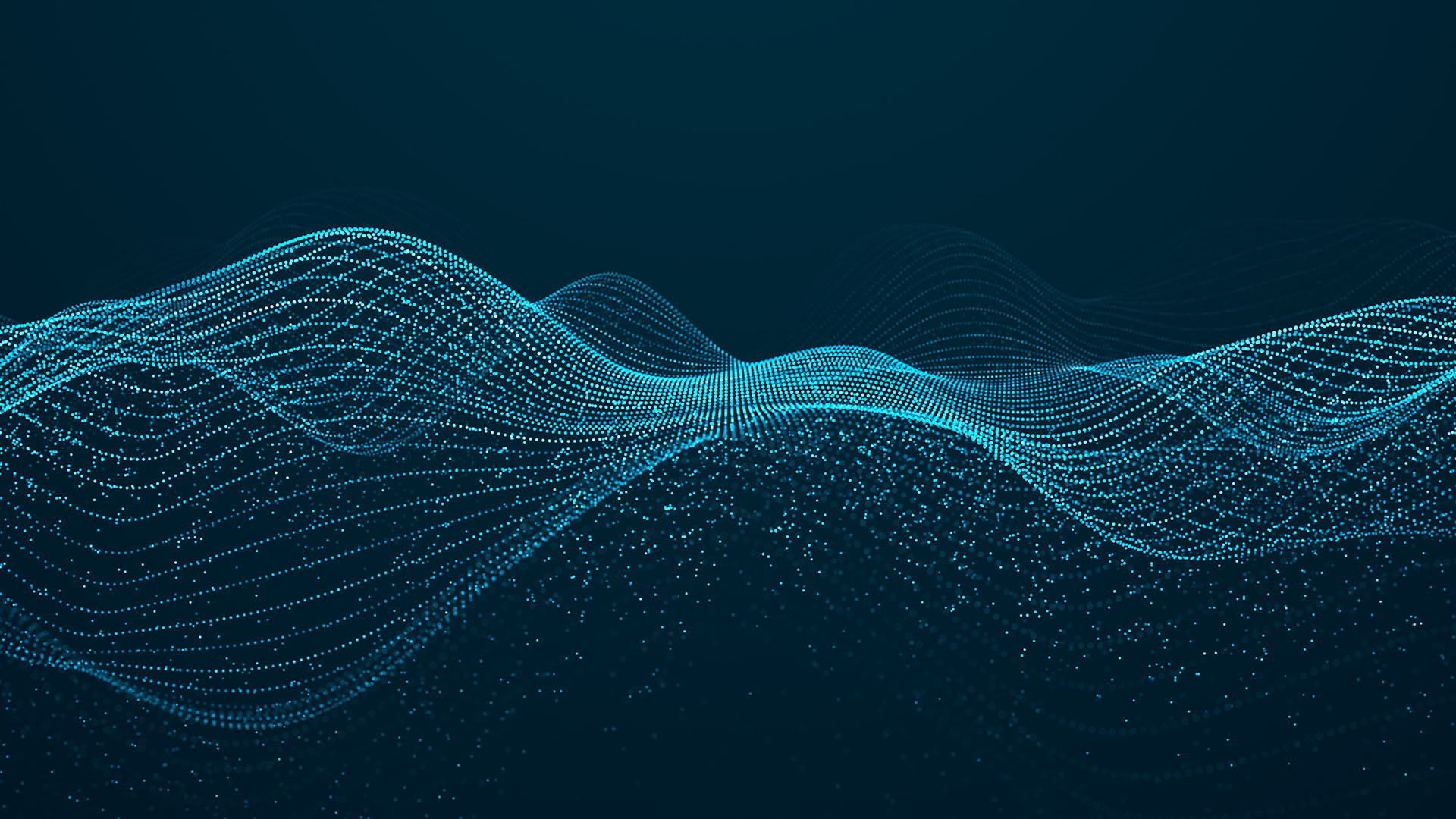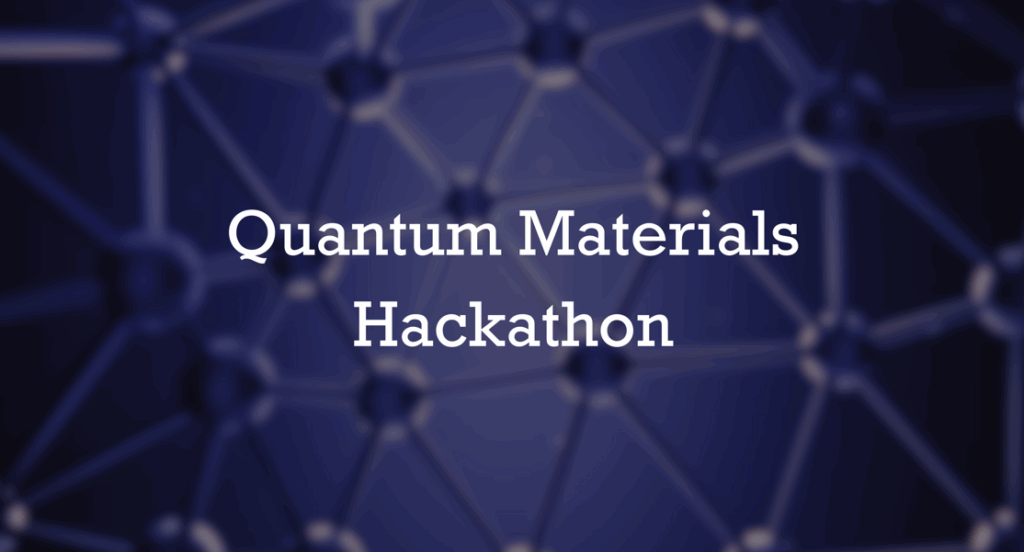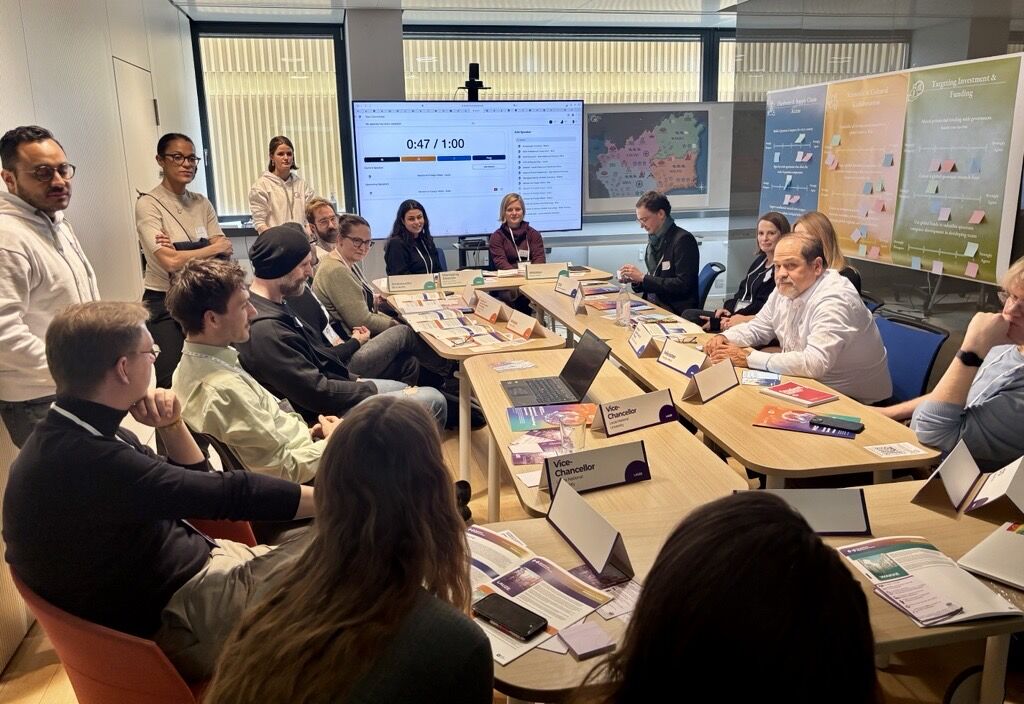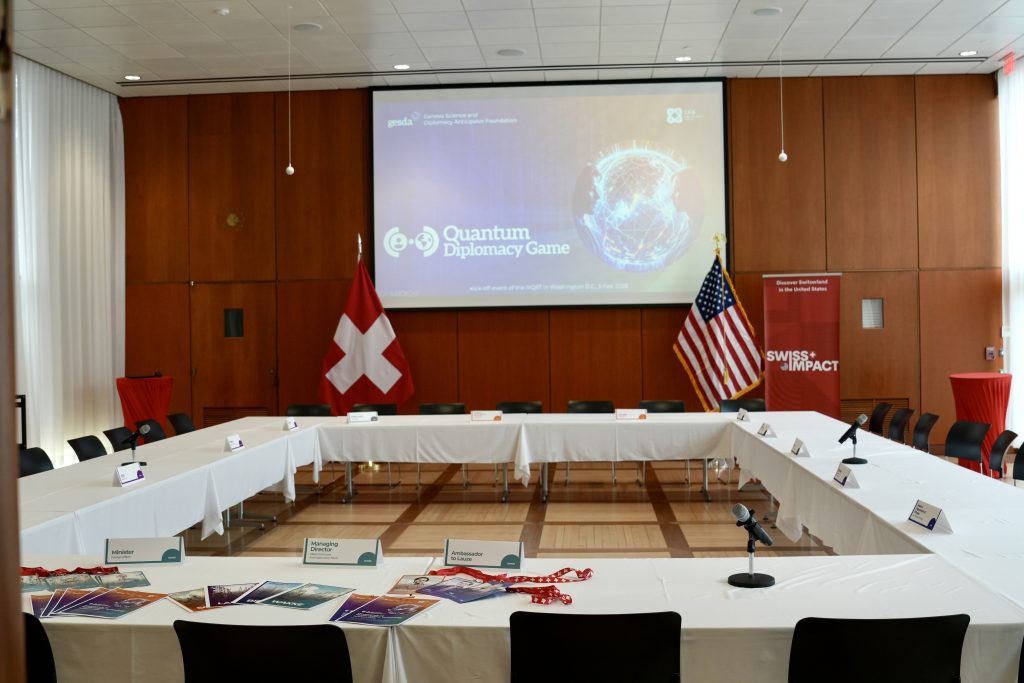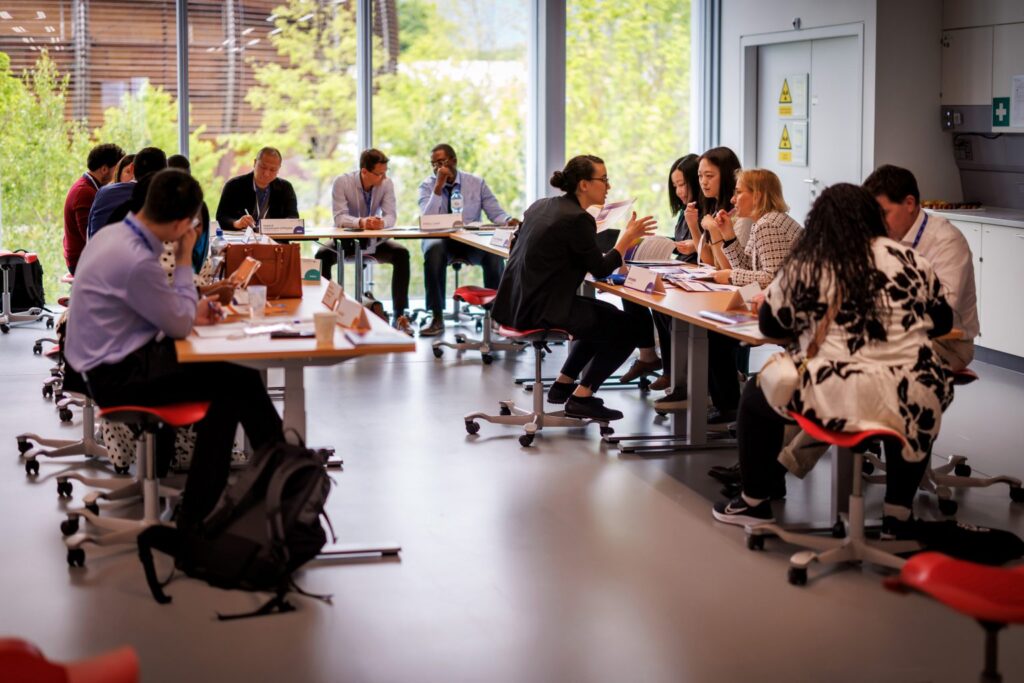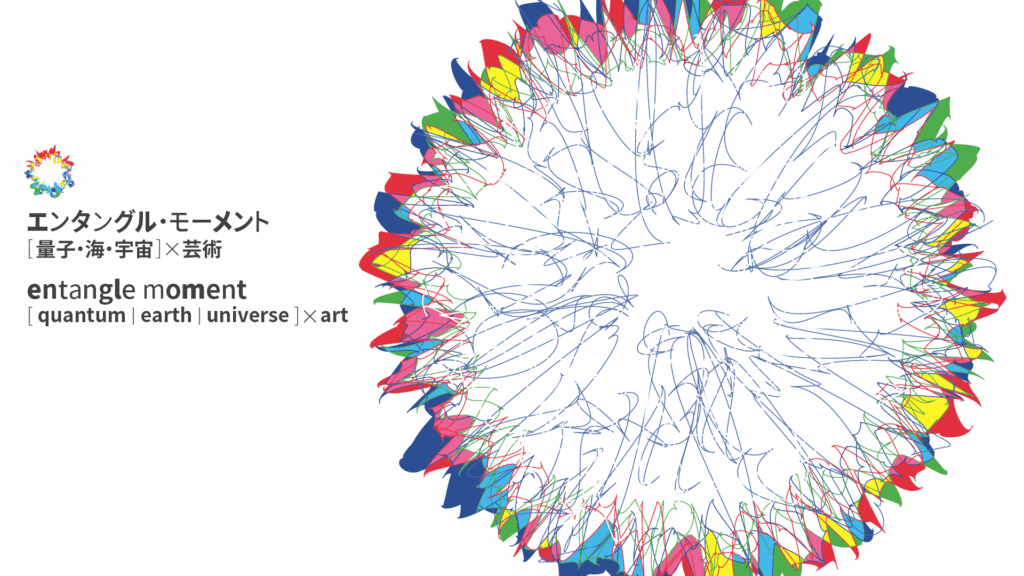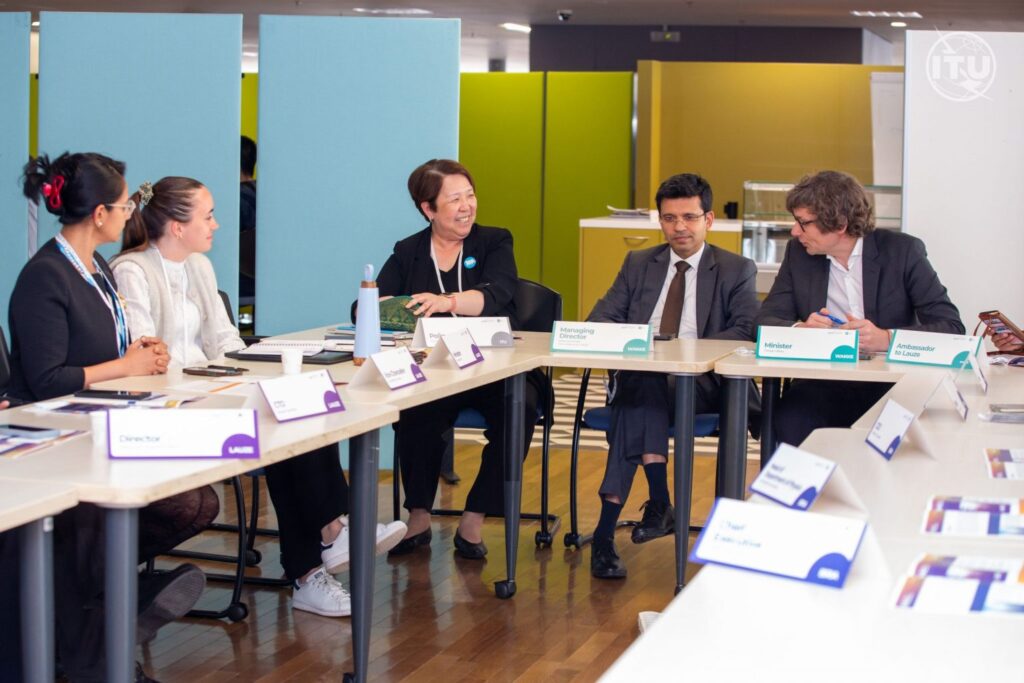Overview
To commemorate the declaration of 2025 as the “International Year of Quantum Science and Technology,” this summer, we will hold a special exhibition titled “entangle Moment — [quantum, earth, universe] × art” at the Osaka–Kansai Expo in Japan.
This exhibition aims to allow a wide range of visitors to experience three key themes—the microscopic world of quantum, the oceans and Earth that nurture life, and the vast universe—through collaborations between science, technology, and art.
About the Exhibition
The year 2025 marks the 100th anniversary of the discovery of quantum mechanics.
In recognition of this milestone, the United Nations General Assembly has declared 2025 the “International Year of Quantum Science and Technology” under the auspices of UNESCO.
In celebration of this historic year, entangle moment – [quantum | earth | universe] × art will present an immersive experience of the quantum, ocean, and cosmic realms through interdisciplinary collaboration across science, technology, and the arts.
From the microcosmic world of quantum mechanics to the deep sea and global ecosystems and out into the mysteries of the cosmos, this exhibition offers “entangled” installations, where scientific knowledge and artistic imagination are interwoven.
Just as quantum research spans a century, scientists and artists alike have long explored the invisible, the uncertain, and the deeply mysterious aspects of nature.
Across eras, it is creative experimentation—rooted in imagination and technology—that has opened new paths of perception.
The venue will feature a circular space inspired by the legendary Ouroboros, symbolizing continuity between the micro and macro realms.
Visitors are invited to journey through a conceptual loop of past, present, and future
Within this space, cutting-edge research from Japanese universities, institutions, and companies—including quantum computing and sensing, quantum communication, Arctic exploration, deep-sea research tracing the origins of life, and astrophysical studies on black holes and dark matter—will coexist with artistic expressions to form a unique and immersive environment. Through these exhibitions, videos, XR installations, interactive artworks, and computer games, visitors may witness the moment when a new form of art emerges—born from the convergence of imagination and science.
As you explore the exhibition at your own pace, we invite you to reflect on how science and technology are becoming inseparable from our changing planet, and to consider the “moment” we live in—across past, present, and future.
A rich lineup of stage events will also be held, including talks, workshops, and musical programs featuring researchers, artists, and thinkers from diverse fields.
We hope this exhibition serves as a catalyst for new questions, ideas, and initiatives that will propel us into the next 100 years.

